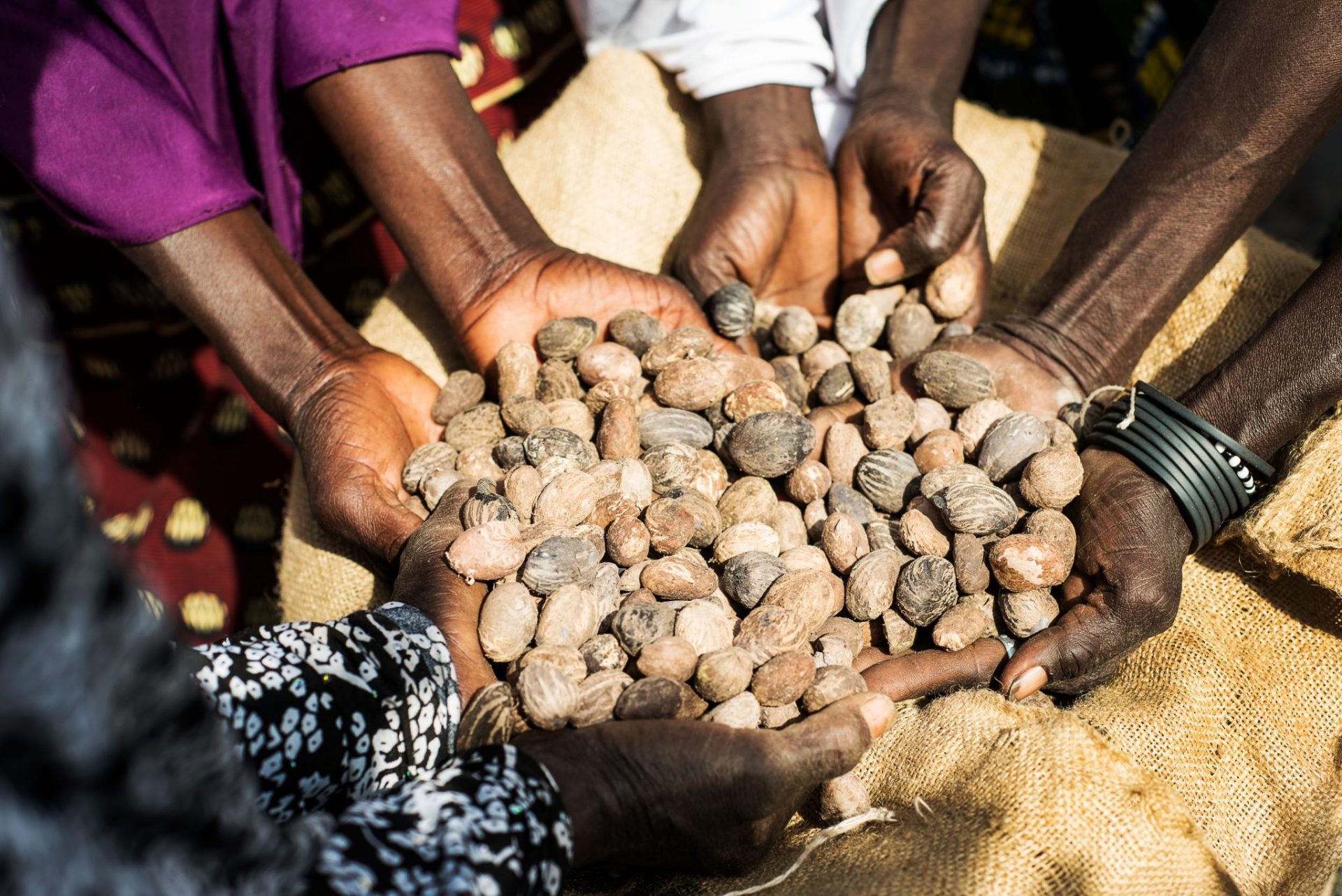Sourcing shea responsibly in Western Africa
In rural Africa, AAK has established a supply chain that sources wild-growing sea kernels. The result is an ingredient that is both sustainable and adds to the income to thousands of West African women. The programme creates a remarkable social impact in Western Africa and provides AAK’s customers with a high-quality fat.
One of the most troublesome issues concerning supply chains in rural Africa is the security of supply as well as providing a secure income for the families involved. Very often, working conditions can be harsh with primarily women facing long walks to fields and parklands and a low, unstable income, not earning enough to alleviate poverty and hunger or invest in children’s education.
Sustainability and profitability walking hand-in-hand
In a project named Kolo Nofaso, the Danish vegetable oil and fat company, AAK, has successfully established a supply chain where they receive sustainable shea kernels while providing a stable income, pre-financing and training to the female workers at the very early stages of the supply chain.
However, the programme is also highly beneficial to AAK and their customers. With Kolo Nofaso, the company gets a fully traceable supply chain of raw material that is crucial to their business.
The programme creates a remarkable social impact in Western Africa and provides AAK’s customers with a high-quality fat
Used in products like chocolate, shea kernels are a sustainable, wild-growing ingredient that requires no land clearing, fertiliser or plantation and is a sustainable alternative to other oils used in these industries.
Receiving honours for its sustainable impact
While the Kolo Nofaso has proven to be a well-functioning programme for AAK, securing a safe supply of shea kernels, the programme has also received awards for its positive effects on the nearby communities.
In 2019, AAK received the Sustainability Pioneer Award for the results the programme has delivered after 10 years in operation. Today the programme is providing a stable income to more than 230,000 shea collectors in Burkina Faso, Ghana and the Cote d’Ivoire while being a good business for AAK.


